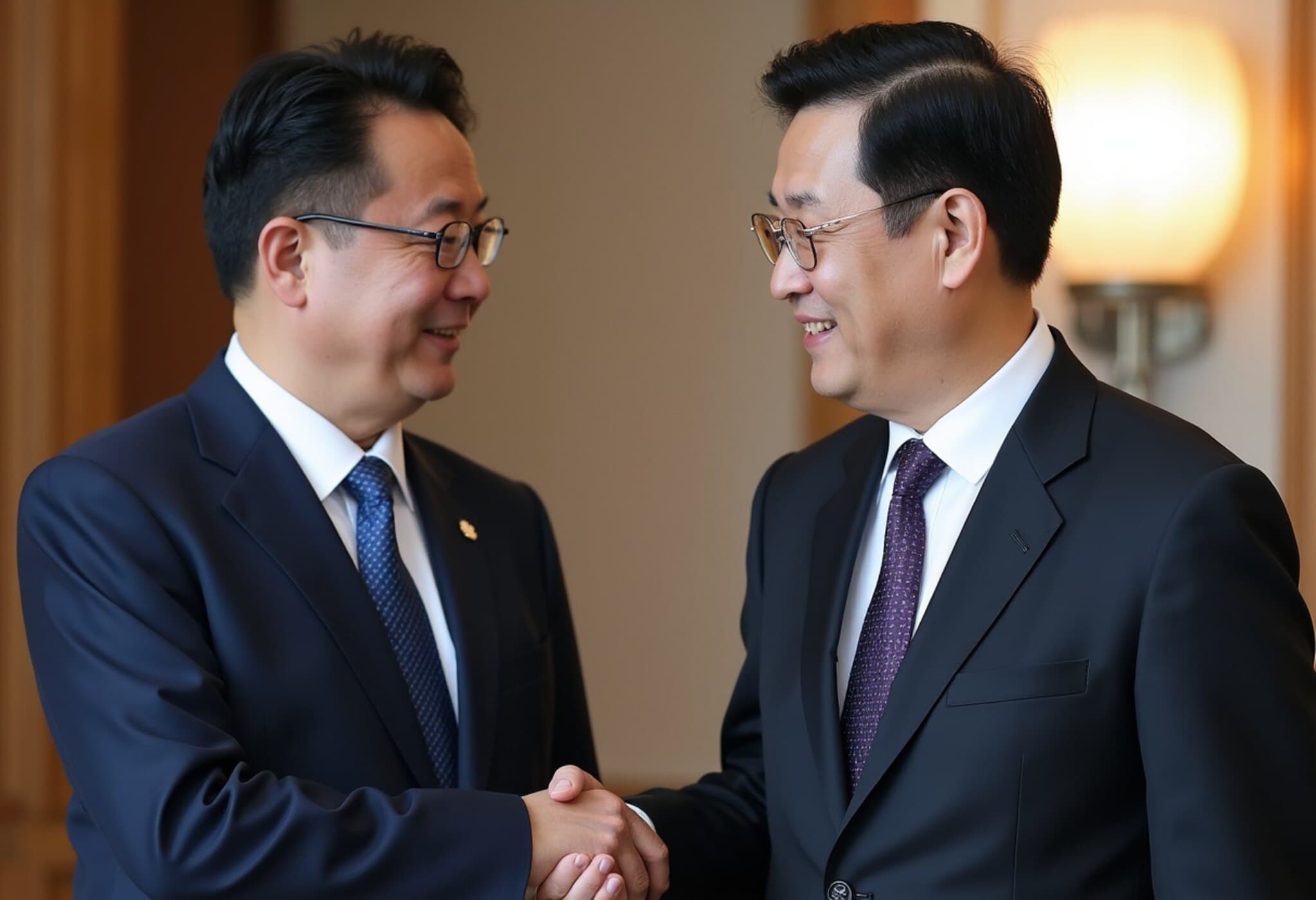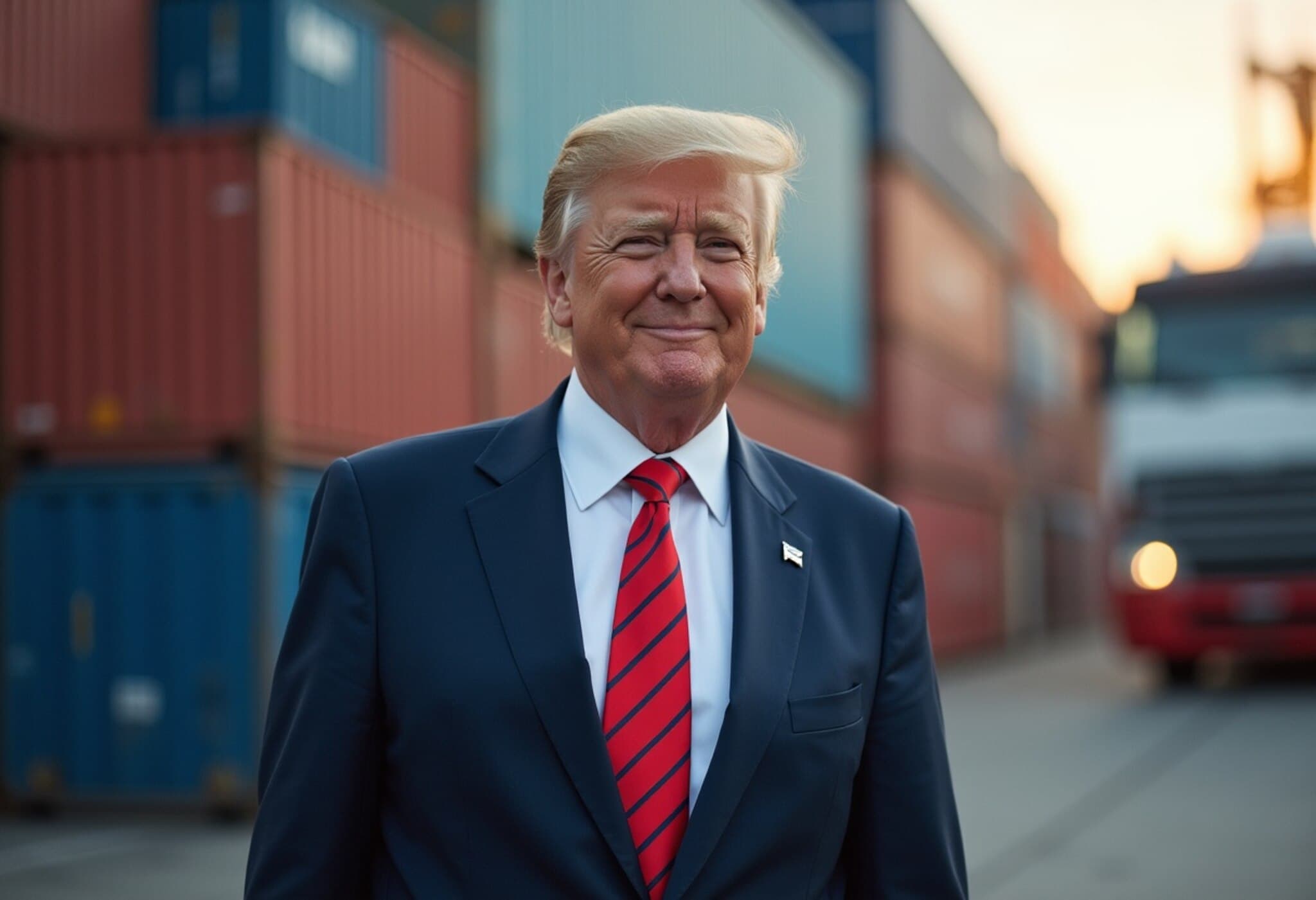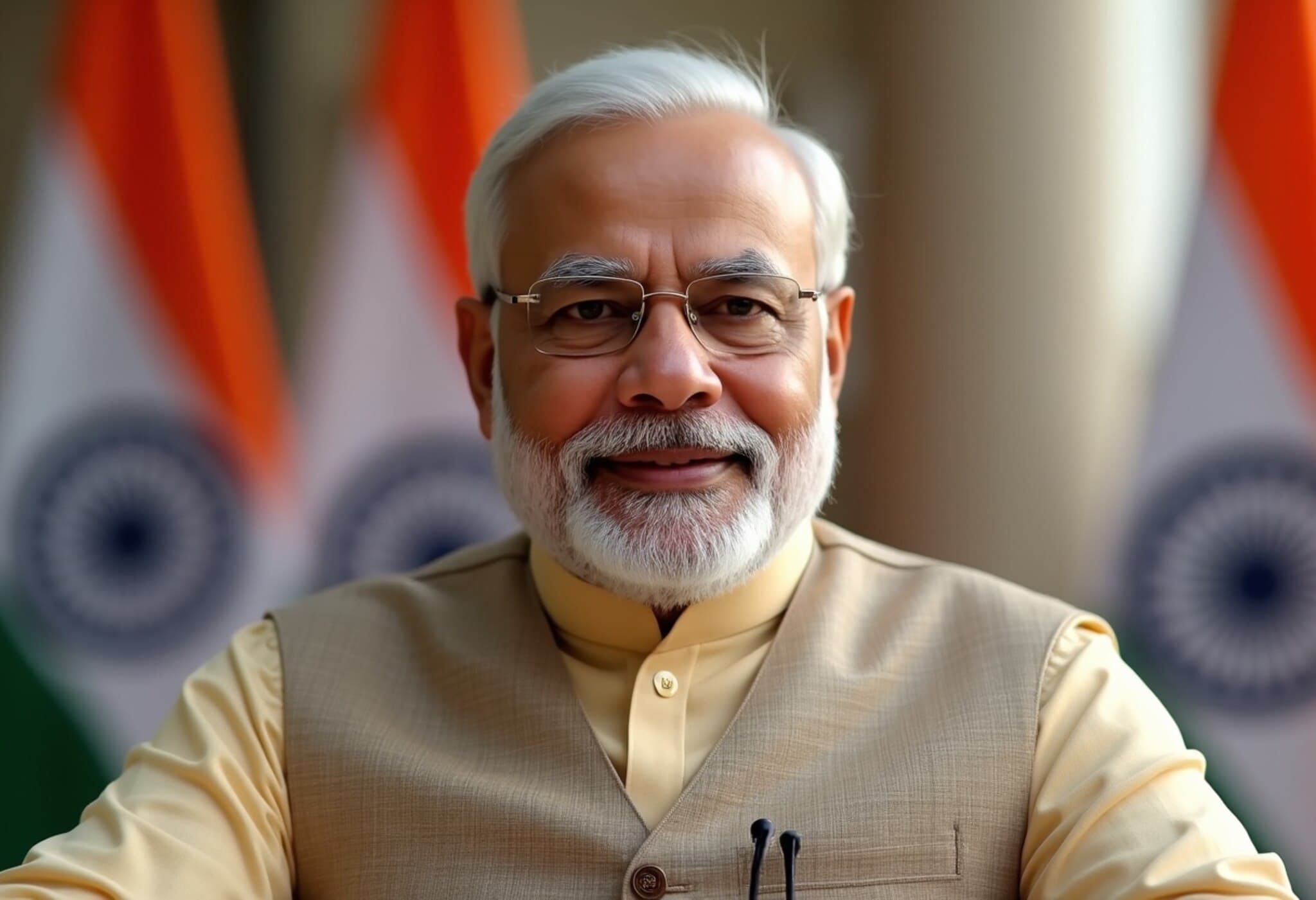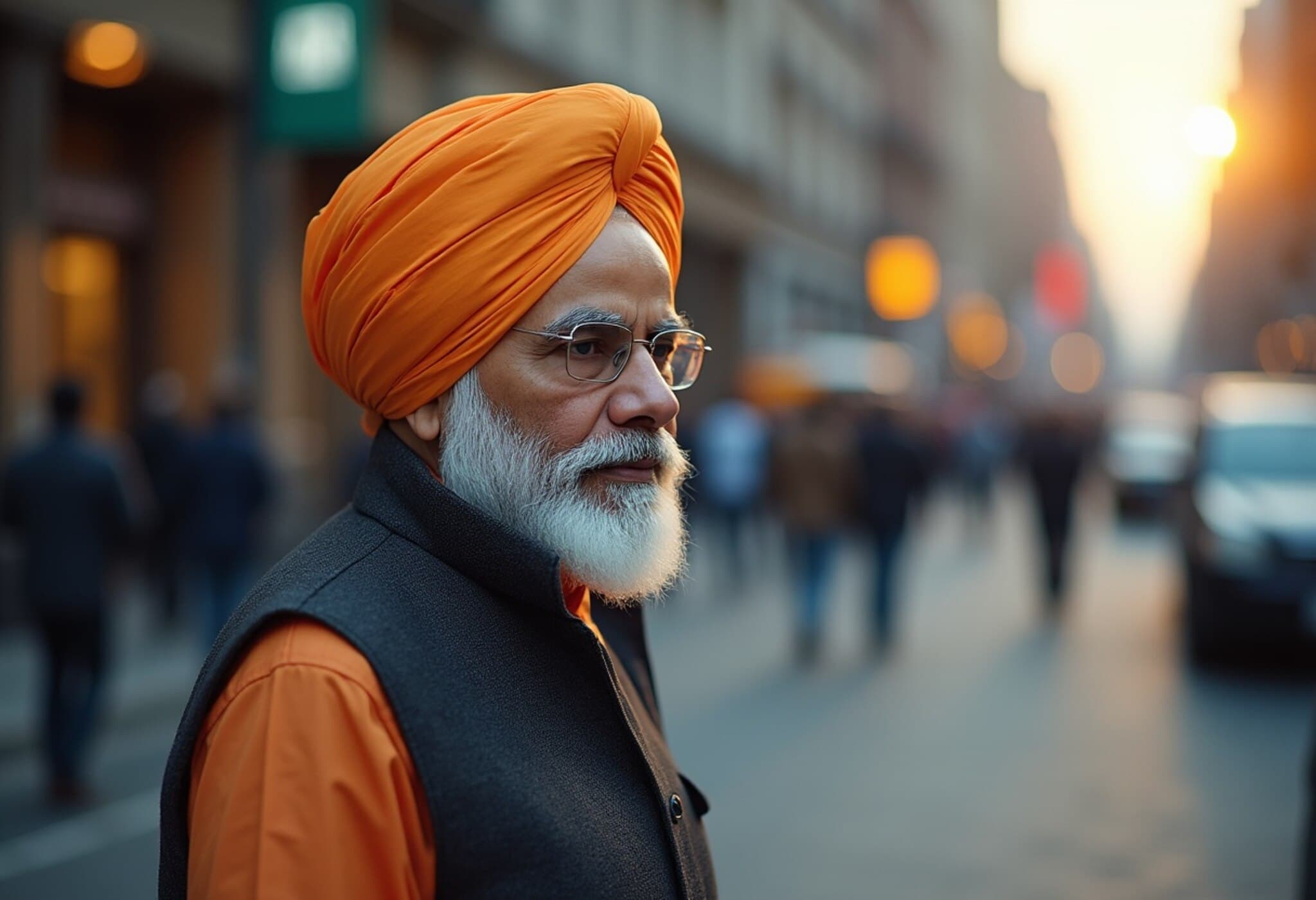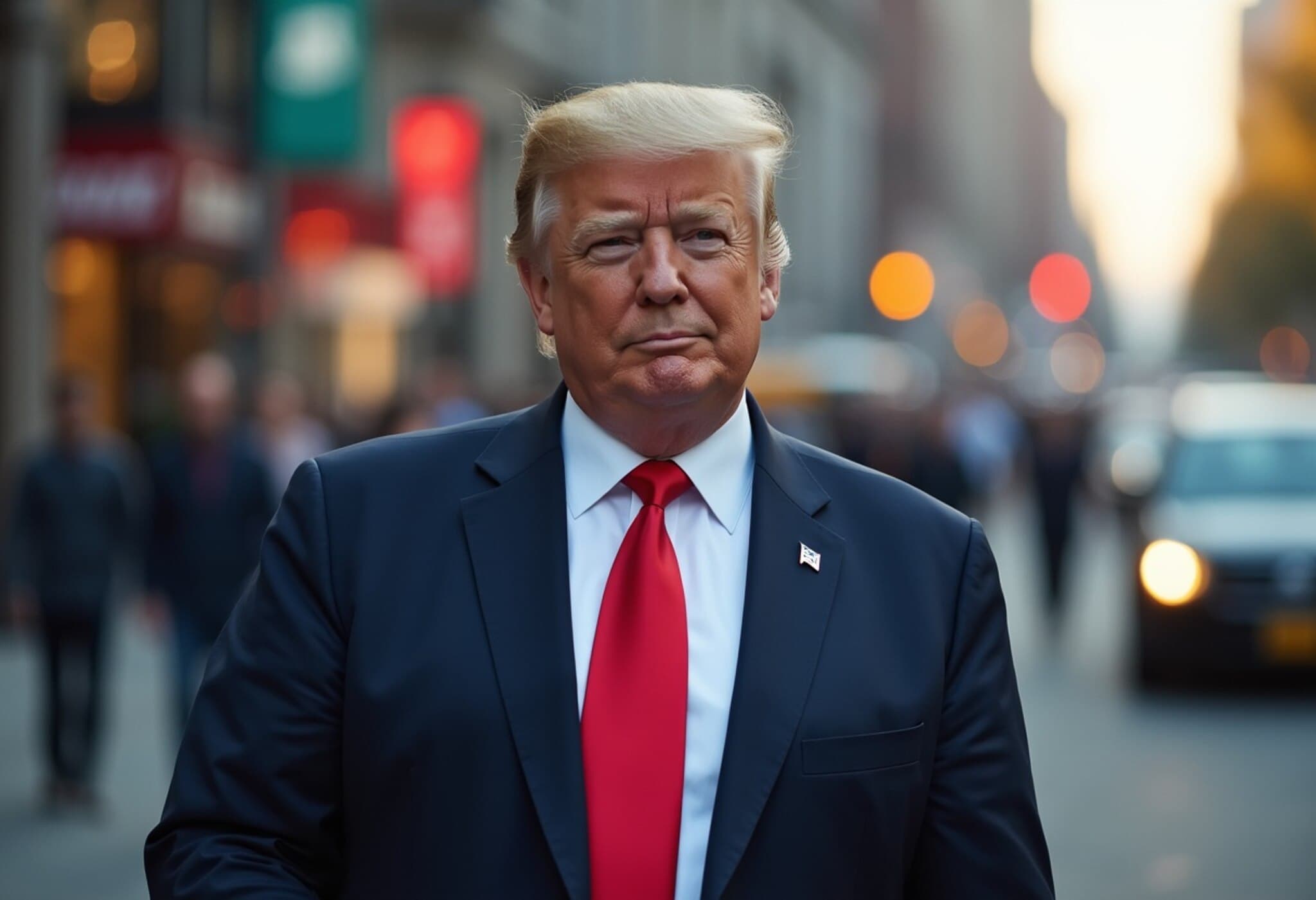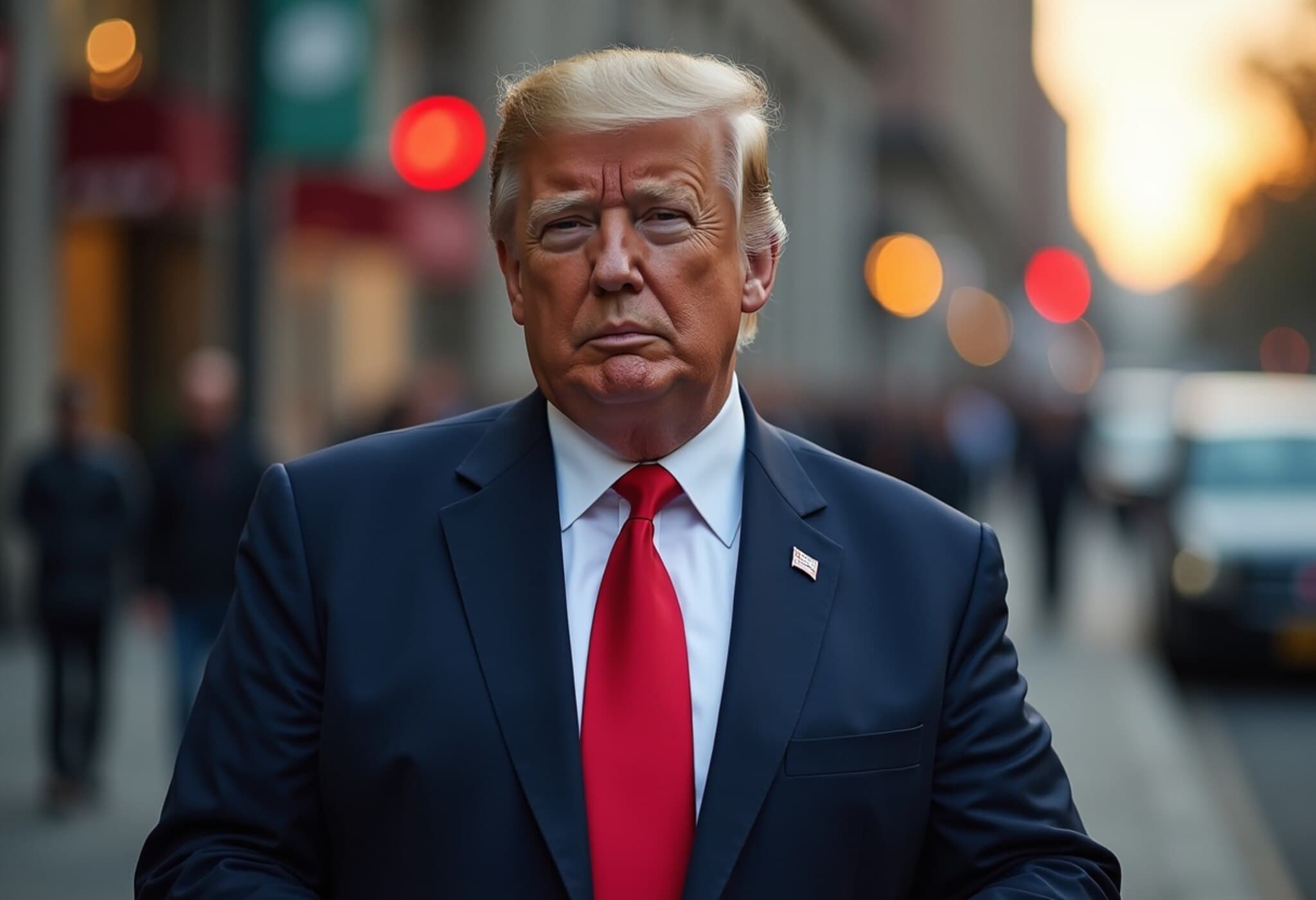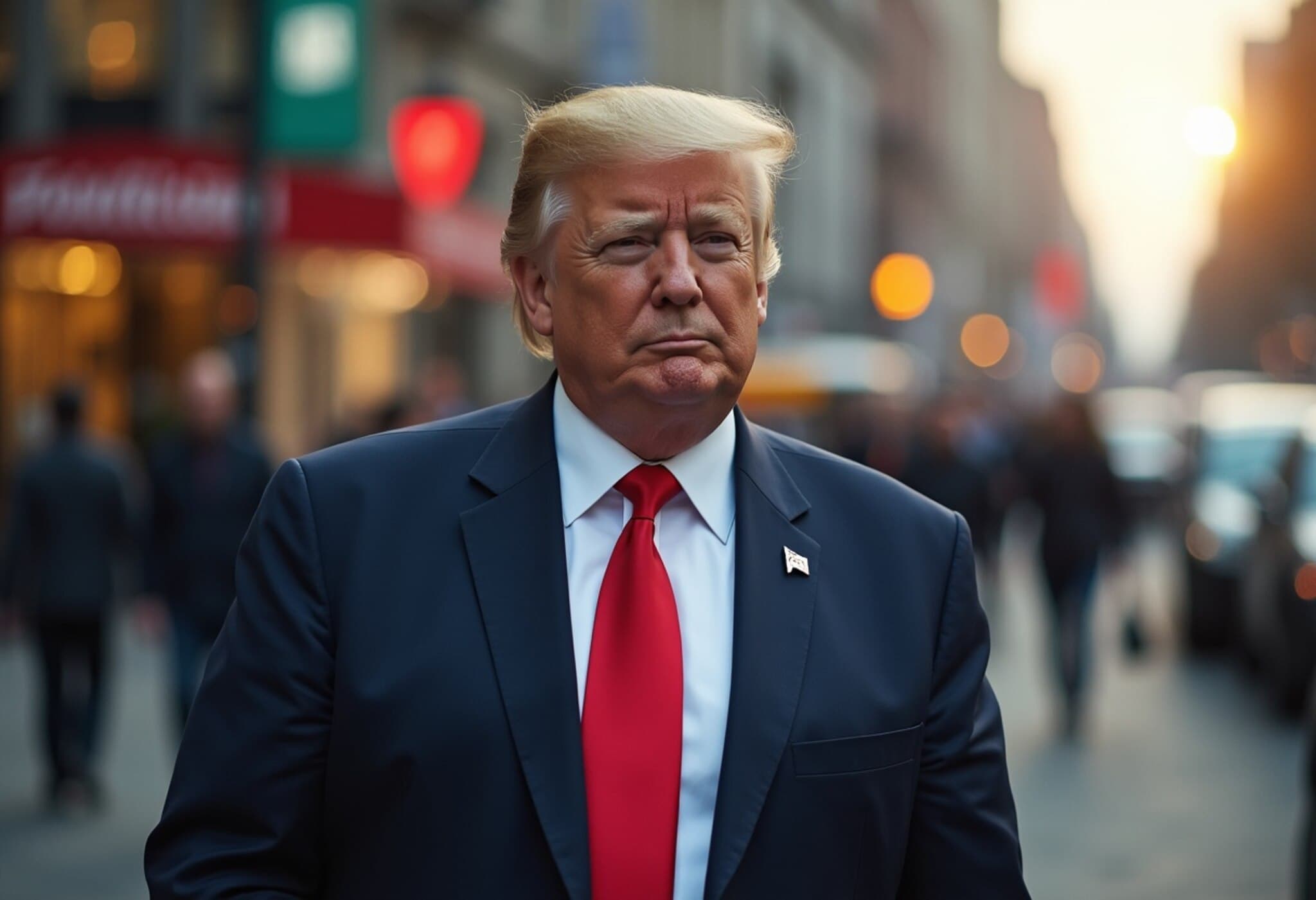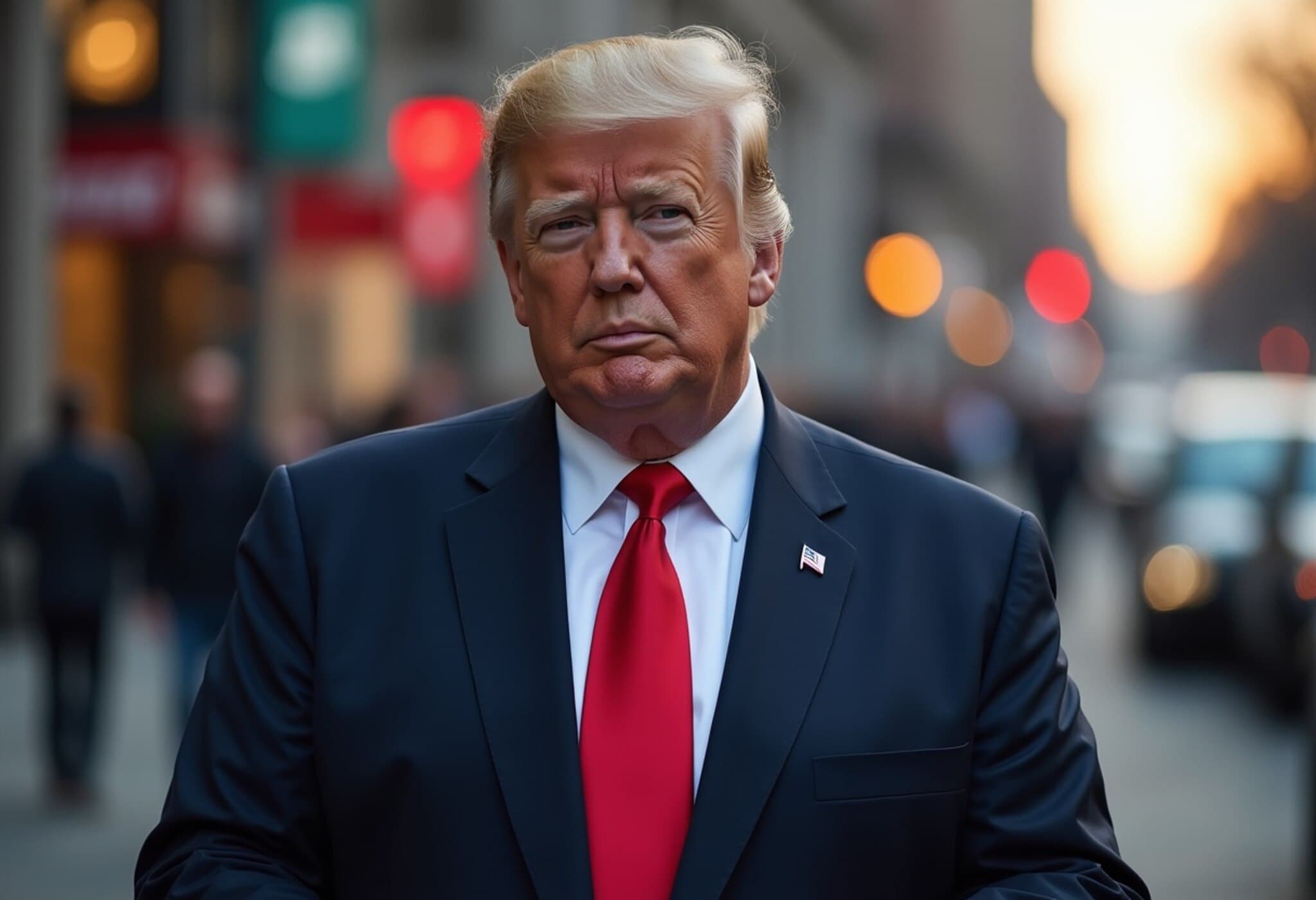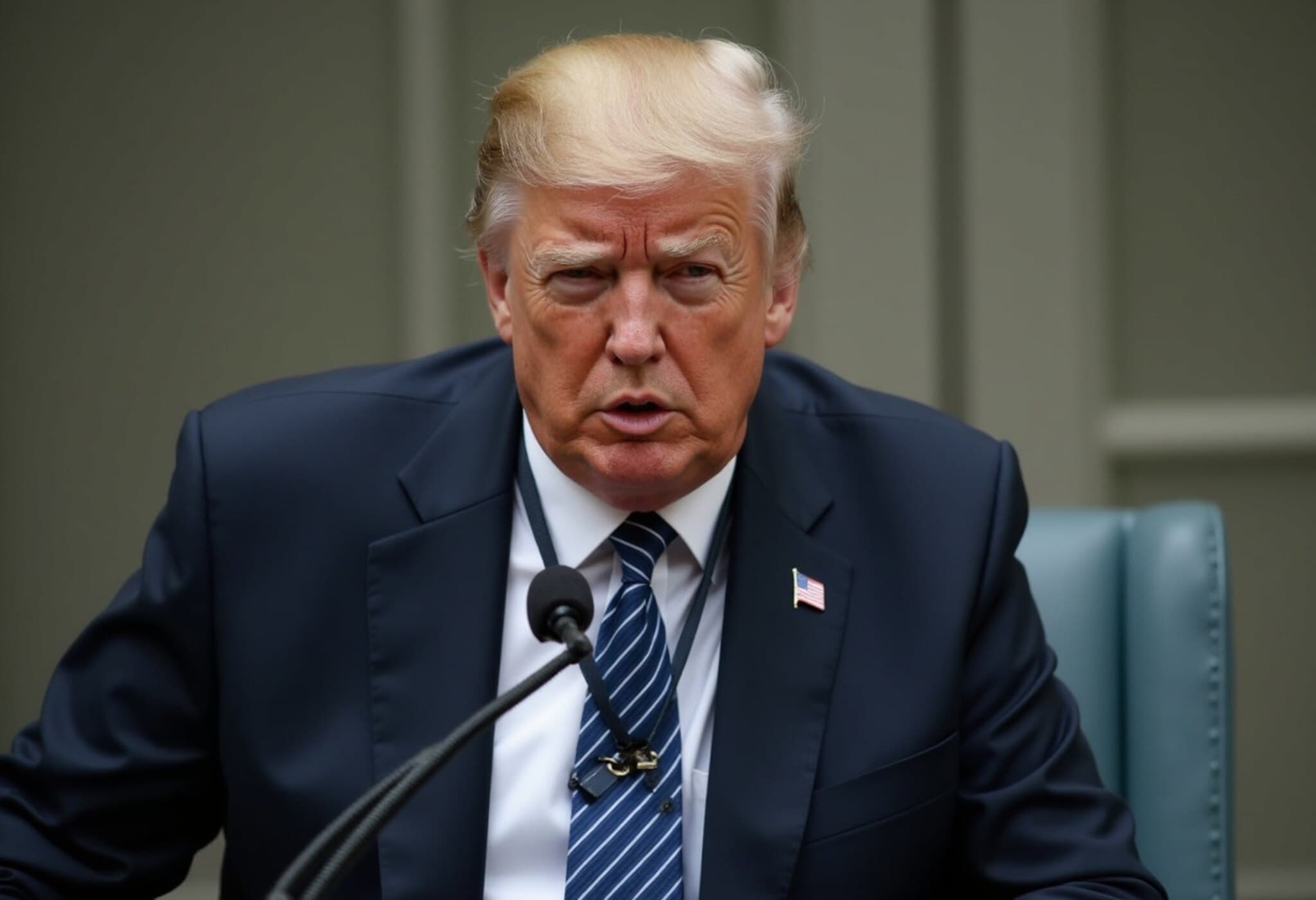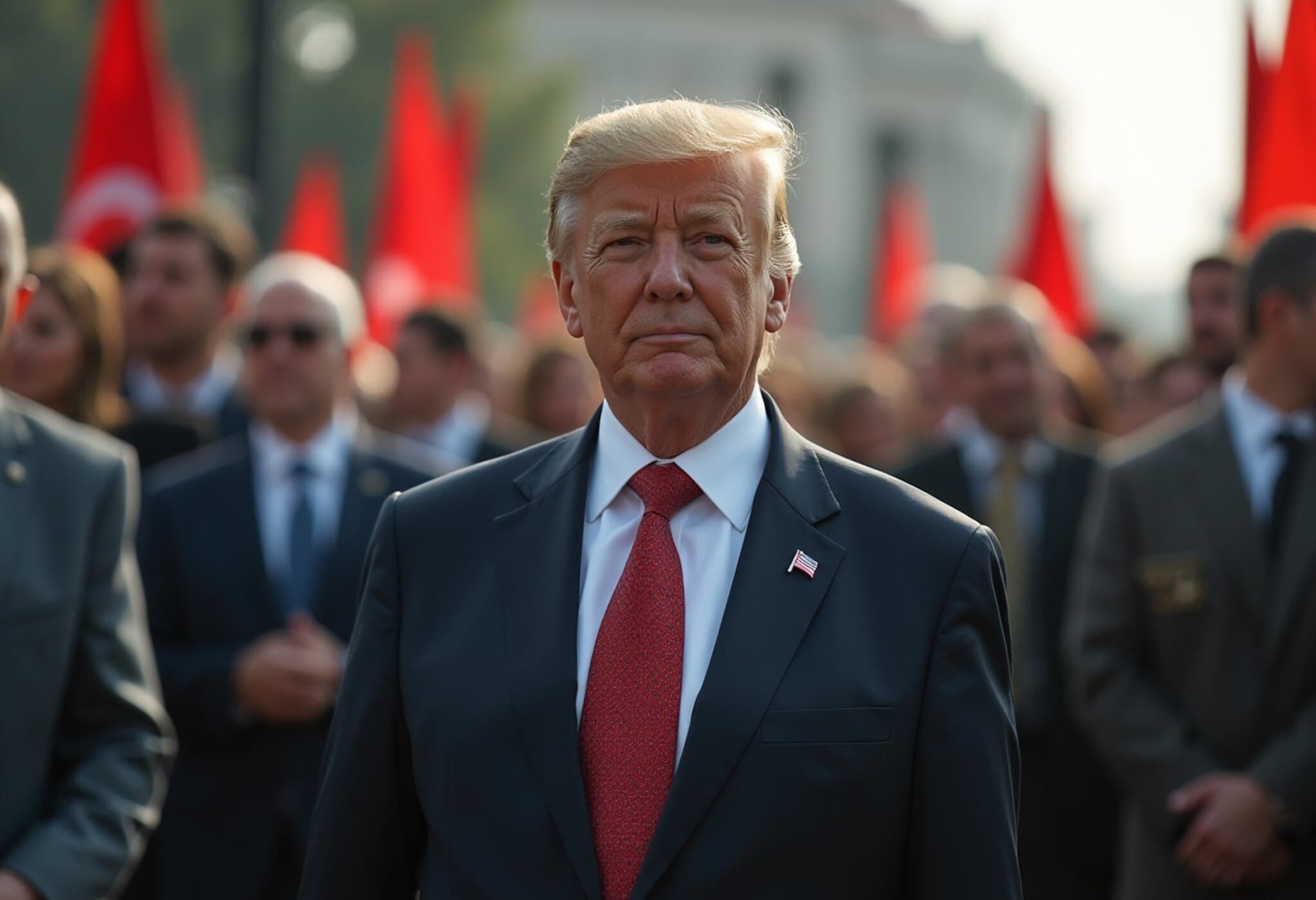South Africa Rushes to Revise Trade Offer Amid Looming US Tariffs
As the clock ticks down to an August 1 deadline, South Africa is desperately crafting an enhanced trade proposal with the United States to avert a potentially devastating 30% tariff on its exports. The threat of these tariffs has sown unease across South Africa, with officials scrambling to find common ground with Washington before the punitive measures take effect.
Background: Stalled Negotiations and Rising Stakes
South Africa first submitted a trade deal proposal to President Donald Trump’s administration back in May and followed up with revisions in June. Despite these efforts, responses from the US have been notably absent, heightening concerns that the nation’s vital trading relationship may deteriorate further.
Trade Minister Parks Tau conveyed on South Africa's Radio 702 a mixture of cautious optimism and frustration: “We’re having to navigate a last-minute proposal that’s enhanced from the proposal that we had initially given. And to tell the truth, it’s wait and see.”
Why This Matters: The Economic Impact
The looming tariff threatens to severely disrupt South Africa’s economy. The Central Bank governor warns that a 30% levy on goods exported to the US could jeopardize up to 100,000 jobs, particularly within the agricultural and automotive industries—sectors that form the backbone of South Africa’s export economy.
- Key Exports at Risk: Vehicles, wine, citrus fruits, and other manufactured goods.
- US Role: The United States remains South Africa’s second-largest bilateral trading partner after China, underscoring the significance of these negotiations.
Complexities Beyond Trade: Political and Social Dimensions
Beyond economic interests, the talks are mired in broader political and social tensions. Efforts to finalize the trade deal are complicated by US demands regarding South Africa’s Black Economic Empowerment (BEE) policies, which aim to rectify historical racial inequalities. Critics in Washington view some of these domestic affirmative-action measures as protectionist or discriminatory, creating friction between the two allies.
Moreover, South Africa’s recent legal move against Israel at the International Court of Justice—a case strongly opposed by both the US and Israel—has further strained bilateral relations. This geopolitical backdrop adds urgency and complexity to the negotiations.
Latest Developments: A Last-Minute Push
According to Trade Minister Tau, discussions took place with US officials both at the embassy in Pretoria and during discussions with the US Trade Representative on Wednesday night. These talks reportedly included encouragement from US representatives for South Africa to submit a revised, enhanced proposal as a last-ditch effort to avert tariffs.
“They (said) they would encourage us to resubmit our proposal, possibly an enhanced proposal,” Tau explained, while also emphasizing the uncertainty that still clouds the outcome.
Expert Commentary: Navigating the Intersection of Trade and Policy
Trade experts highlight that this situation exemplifies the difficult balancing act between maintaining robust international trade relations and respecting domestic policy autonomy. South Africa’s struggle to reconcile its transformation policies with US trade expectations raises essential questions about the flexibility and fairness of global trade rules.
Furthermore, the looming tariffs spotlight the vulnerability of economies dependent on a handful of export markets, stressing the importance of diversified trade partnerships. The US’s role as a trading partner continues to be significant, but the rise of China as South Africa’s largest bilateral trade partner signals shifting geopolitical dynamics.
Looking Ahead: What’s Next?
As the August 1 tariff deadline approaches, South Africa faces a critical crossroads. If the revised proposal fails to satisfy US demands, the country may confront sweeping tariffs that could ripple through its economy and social fabric. Conversely, a successful negotiation could preserve jobs and reinforce economic stability—but may require compromises on key domestic policies.
The situation remains fluid, underscoring the need for continued dialogue and creative diplomacy.
Editor’s Note
This unfolding trade dispute between South Africa and the United States offers more than just an economic story. It raises broader questions about globalization, national sovereignty, and the pursuit of both social justice and free trade. At its heart is a delicate tension—how can countries navigate the demands of international markets while advancing domestic policies aimed at correcting historical inequalities? The coming days will reveal whether South Africa can successfully balance these imperatives or whether new tariff barriers will reshape its economic landscape.




